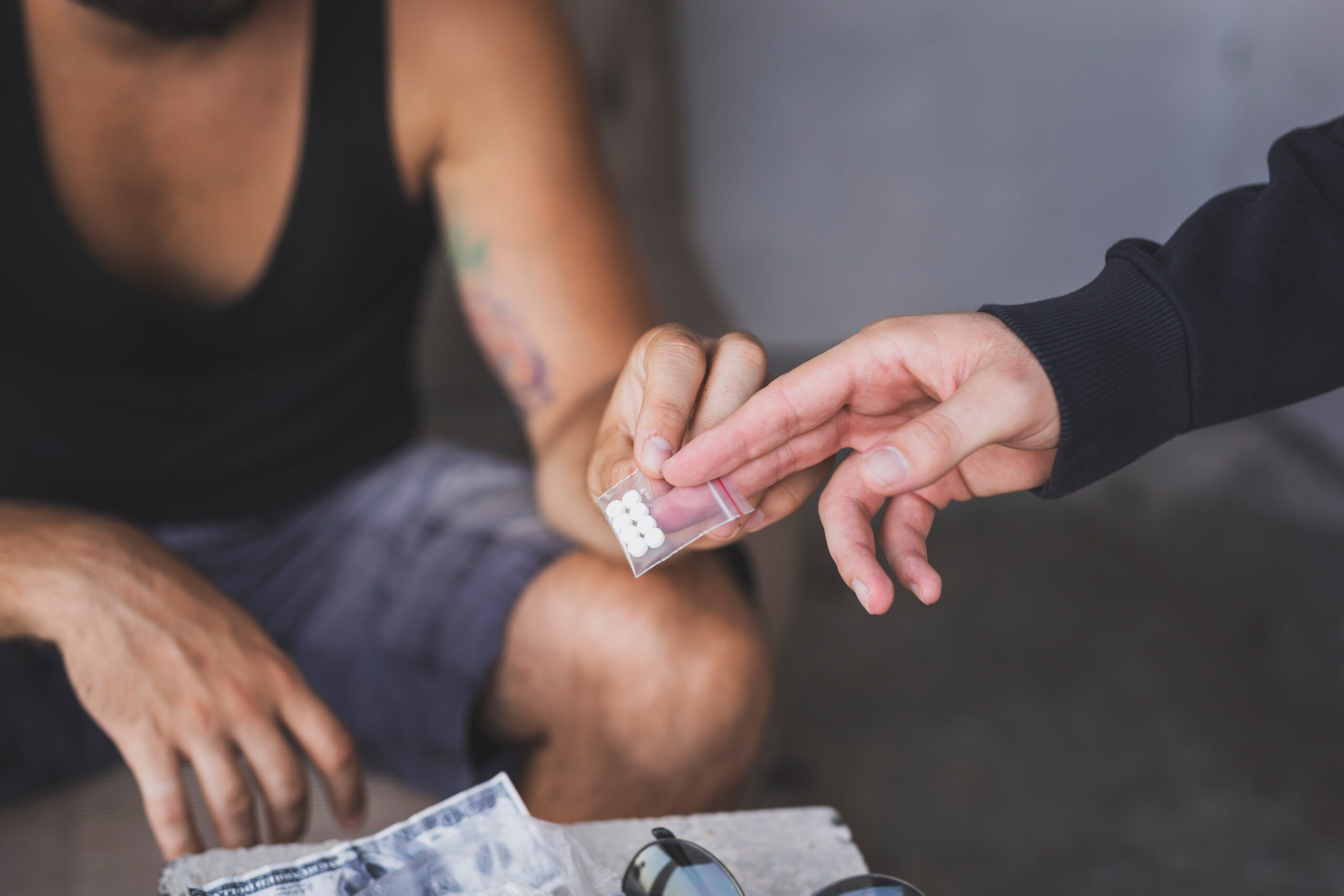What Defendants Need to Know About Drug Charges and Sentencing
When you’re charged with a drug crime, your thoughts may initially go to your family and future. The criminal justice system can be unpredictable, and while a defense attorney will do everything they can to get an acquittal or the charges dismissed, there are times when the best case scenario is a reduced sentence. The state of Texas treats drug crimes extremely seriously, and the potential consequences are severe. A criminal defense attorney can use various legal strategies to potentially reduce the penalties associated with your charges so you can move forward with your life more quickly. At Drehner Law, we’re committed to ensuring our clients understand what they’re up against when they are charged with a drug crime and how working with an experienced attorney can make a significant difference in the outcome of their case.
Common Texas Drug Crimes and Their Penalties
The Texas Controlled Substances Act governs drug crimes in Texas. This act outlines how controlled substances are classified, what constitutes a drug crime, and the penalties those convicted of these crimes face. Some of Texas’s most common drug crimes and their potential penalties are listed in more detail below.
Possession of a Controlled Substance
The exact charge and penalties for possession of a controlled substance in Texas depend on the type of substance and how much the person had on them at the time of the arrest. Texas categorizes substances into seven penalty groups:
- Group 1 includes most opiates
- Group 1-A includes lysergic acid diethylamide (LSD) and some related substances
- Group 1-B includes fentanyl and some related chemical structures
- Group 2 includes hallucinogens
- Group 2-A includes drugs such as synthetic cannabinoids like K2
- Group 3 includes many prescription stimulants and depressants
- Group 4 includes narcotics that also have some recognized medical value
Marijuana is generally treated as a separate substance outside of these categories, and those arrested for possession of it are subject to separate penalties.
The list of what is included in each group is very specific and highly technical, and understanding which group the substance is in is a key part of the defense because the potential penalties change with the group. The amount of the substance also plays a key role in the charge and possible sentence. For example, someone who had less than 1 gram of a Group 1 substance can be charged with a state jail felony, which means up to 2 years incarceration and a fine of up to $10,000. If the defendant had more than 4 grams but less than 200, this is a second-degree felony, which means up to 20 years incarceration.
Manufacture or Delivery of a Controlled Substance
When someone is charged with possession of a controlled substance and there are other materials that suggest the person was either making or distributing a drug, they can be charged with manufacture or delivery of a controlled substance. For example, if someone is found with a large quantity of a controlled substance along with materials such as scales, baggies, or a large amount of cash, this could indicate to law enforcement that they are intending to sell the substance. Chemicals and laboratory equipment may suggest that someone was manufacturing controlled substances.
While the exact charge and penalties for manufacture or delivery of a controlled substance range widely, just as with possession charges, the consequences are generally more serious. For example, having more than 200 grams of a Penalty Group 1 substance can result in a potential life sentence if convicted.
How a Strong Defense Can Reduce Sentencing
Working with an experienced drug crimes defense attorney is one of the most important things you can do to protect your rights and freedom. Even if getting the charges dismissed isn’t possible, there may be other opportunities to challenge parts of your case or negotiate a better outcome. An attorney may use one or a combination of the following legal strategies or others to help you get a reduced sentence.
Getting the Charges Reduced
One of the most important things to remember is that the charge you’re arrested for isn’t necessarily what you have to be convicted of. It’s very common for defense attorneys to use legal strategies like questioning the validity of the evidence or pointing out potential rights violations to get the charges reduced. For example, if the arrest occurred as a result of a search after a traffic stop, an attorney may be able to argue that the stop was illegal or that there was no probable cause for the search. Reducing the charge can also significantly reduce the penalties for conviction.
Negotiating a Plea Deal
When an acquittal seems unlikely, your attorney may discuss with you the possibility of a plea deal. This is where the two sides come to an agreement that generally results in a more favorable deal for the defendant, such as a lesser charge or a reduced sentence. The prosecution also benefits by not having to go through the time and expense of the trial and being able to move on to their next case. While a plea deal may be able to help you get less jail time or potentially go to a substance abuse treatment program instead, it’s still a conviction on your criminal record and should only be done with the counsel of an attorney.
If you’ve been charged with a drug crime and need an attorney who is willing to fight for you, call Drehner Law at 832-626-0063 to schedule a free consultation.


 Call Us Now
Call Us Now









